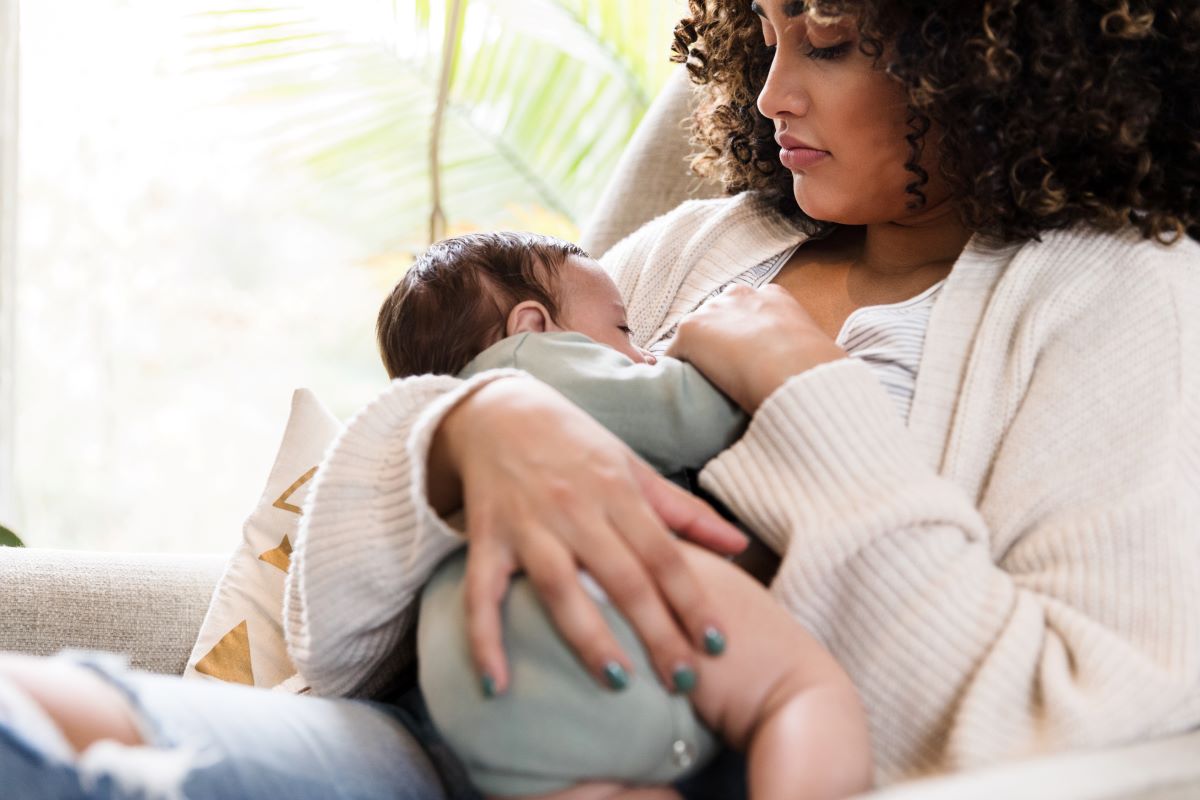
Pregnancy
Did
Genetic Abnormalities
Emotional Reactions
Did
You
Know?
By twenty weeks gestation, the unborn child has the physical structures necessary to experience pain. There is evidence that by twenty weeks gestation unborn children seek to evade certain stimuli in a manner which in an infant or an adult would be interpreted to be a response to pain. Anesthesia is routinely administered to unborn children who are twenty weeks gestational age or older who undergo prenatal surgery.
 Official Louisiana State Websites use .la.gov
Official Louisiana State Websites use .la.gov  Secure .gov websites use HTTPS
Secure .gov websites use HTTPS 